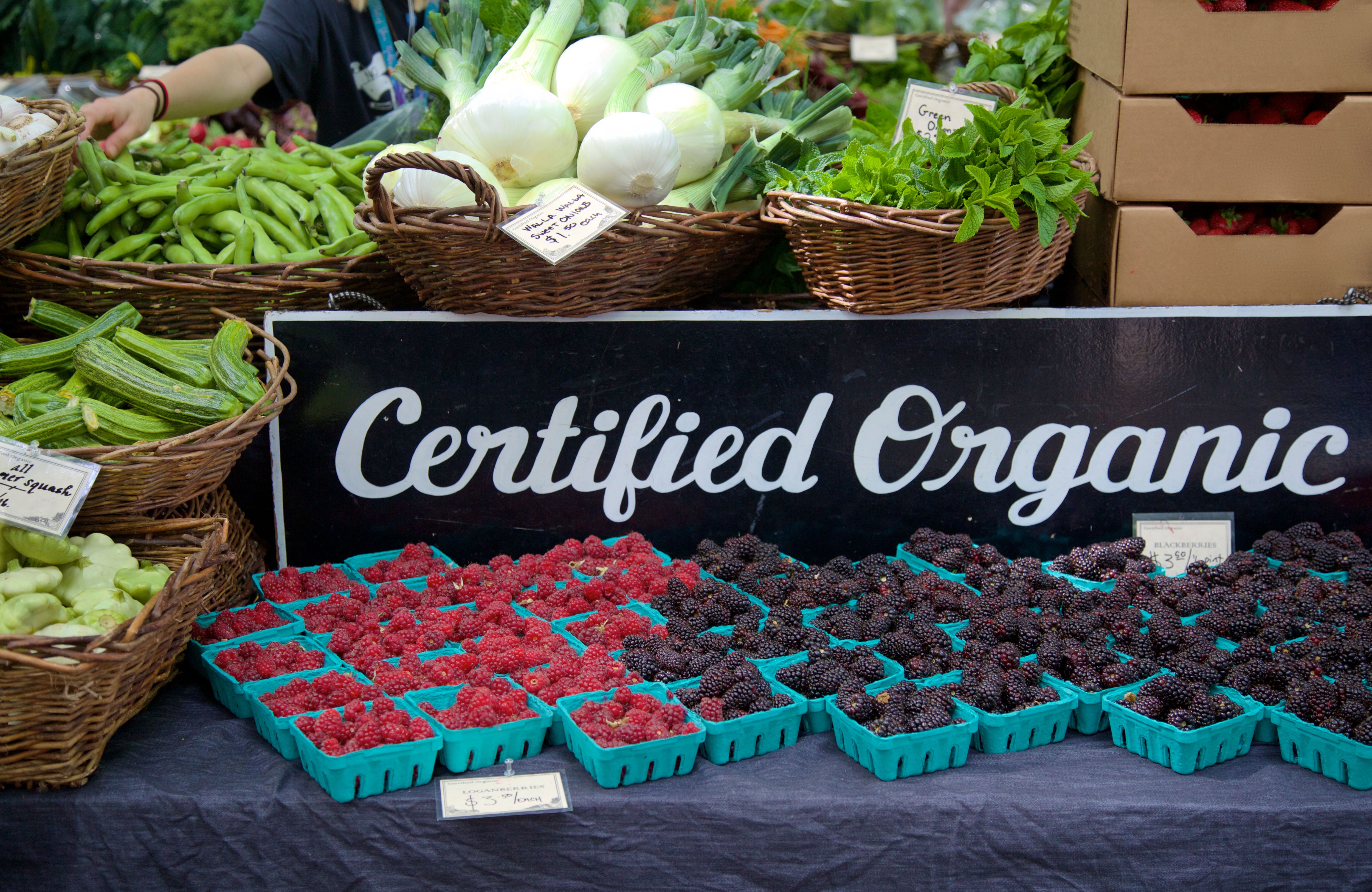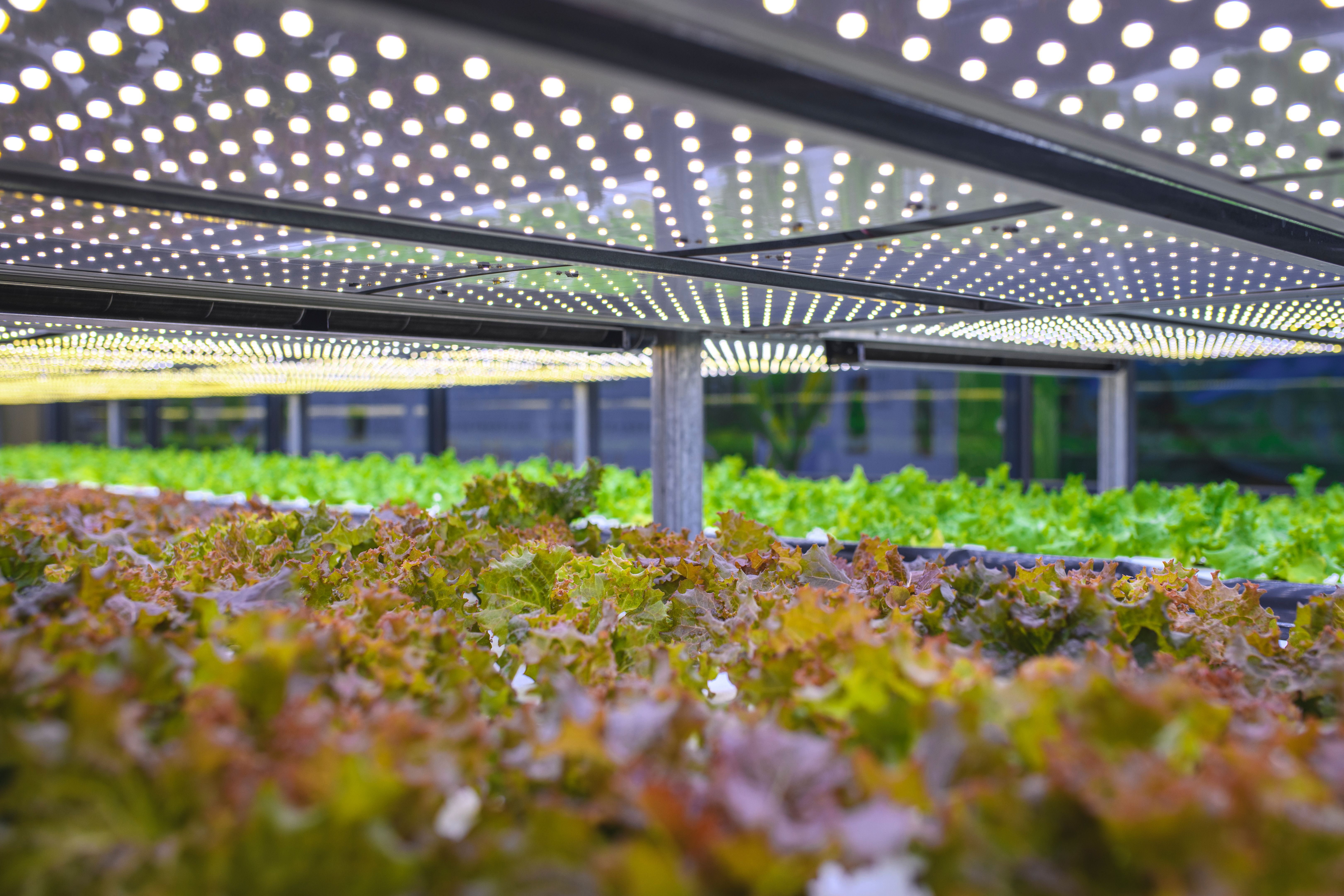Building the Perfect Organic Agriculture Model for Cash Crop Resellers
Understanding Organic Agriculture for Cash Crops
Organic agriculture is more than just a trend; it's a sustainable approach to farming that emphasizes environmental health and soil fertility. For cash crop resellers, building a perfect organic agriculture model can lead to significant benefits, including higher market value and consumer trust. This post will explore key strategies to develop an effective model tailored for cash crops.

Soil Health and Management
The foundation of any successful organic agriculture model is healthy soil. Organic farming relies on natural processes and inputs, avoiding synthetic fertilizers and pesticides. Focus on enhancing soil fertility through composting and the use of green manure. This not only improves crop yield but also maintains the ecosystem's balance.
Implementing crop rotation and cover cropping can help manage soil fertility and control pests naturally. These practices reduce the need for chemical interventions, ensuring a more sustainable farming system.
Choosing the Right Cash Crops
Selecting the right cash crops is crucial for maximizing profitability. Look for crops that are in high demand and can thrive in your local climate. Consider diversifying with multiple crops to reduce risk and improve soil health. Popular organic cash crops include fruits, vegetables, and specialty grains.

Implementing Organic Pest Management
Pest control is a significant challenge in organic farming, but it can be managed with the right strategies. Use biological pest control methods, such as introducing beneficial insects that prey on harmful pests. Additionally, companion planting can deter pests naturally by utilizing certain plants that repel unwanted insects.
Regular monitoring and early detection are essential to prevent pest outbreaks. By maintaining a balanced ecosystem, you can control pest populations without relying on harmful chemicals.
Certification and Compliance
Obtaining organic certification is a critical step for cash crop resellers. Certification not only validates your organic practices but also adds value to your products. Ensure compliance with local and international organic standards, and keep thorough records of your farming practices for transparency.

Marketing Your Organic Cash Crops
An effective marketing strategy is vital to reach your target audience. Highlight the benefits of organic products, such as their environmental impact and health benefits. Use various platforms like social media, farmer's markets, and partnerships with local grocery stores to promote your cash crops.
Building a strong brand identity around your organic produce can differentiate your offerings in a competitive market. Share your story and farming practices to connect with consumers and build trust.
The Future of Organic Cash Crop Reselling
As consumer awareness grows, the demand for organic products is expected to rise. Investing in an organic agriculture model now can position cash crop resellers for long-term success. Continuous innovation and adaptation to new farming technologies will be crucial.
By prioritizing sustainability and organic practices, cash crop resellers can contribute to a healthier planet while meeting market demands. The future of organic farming holds promising opportunities for those ready to embrace change and lead the way in sustainable agriculture.
